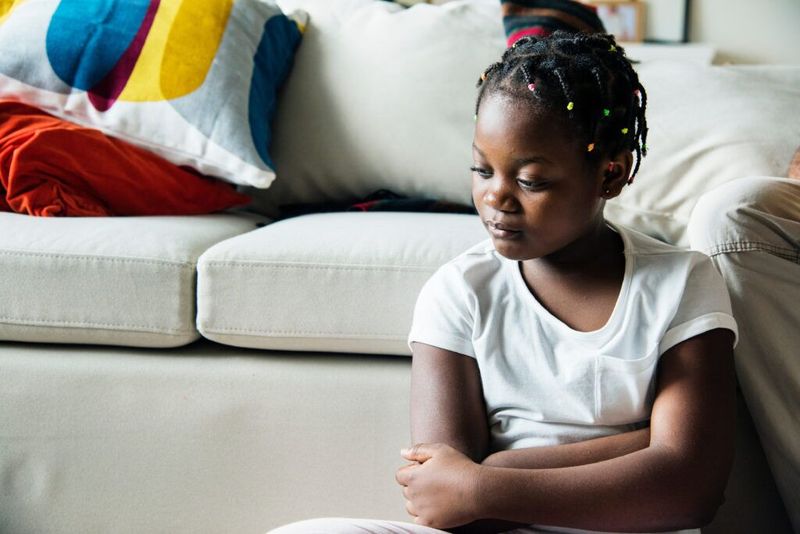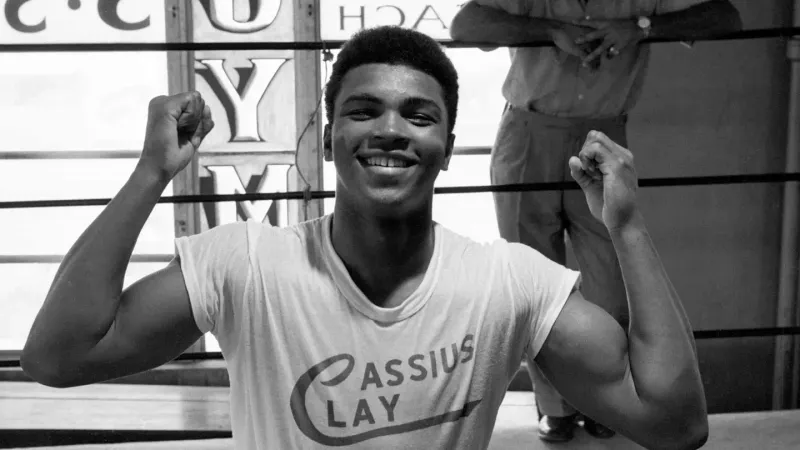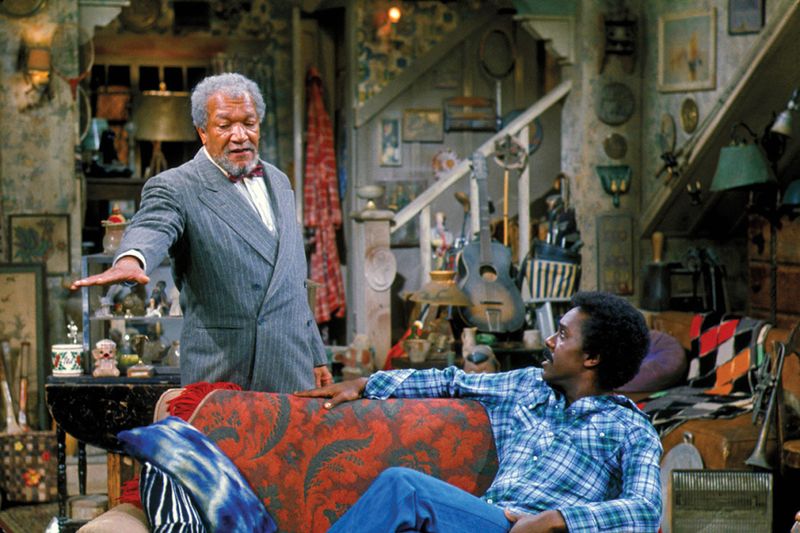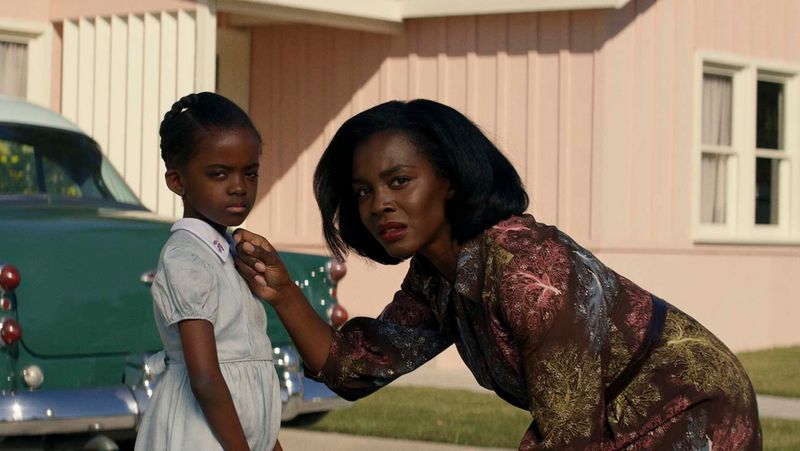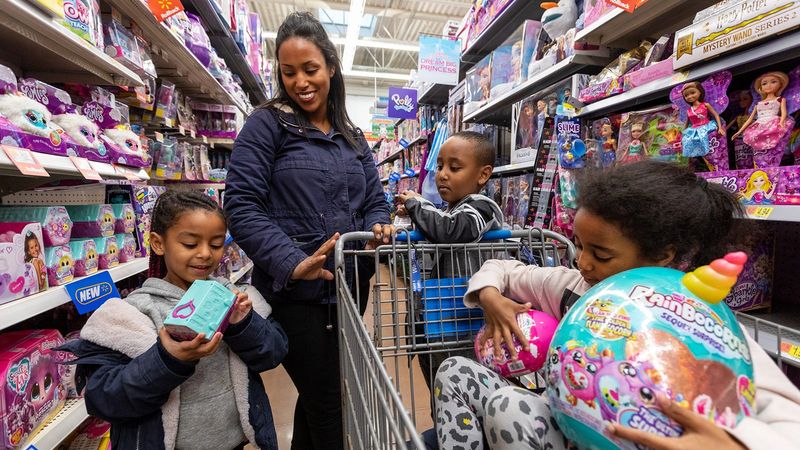Growing up in Black households, certain phrases carried weight beyond their literal meanings. These expressions weren’t just words – they were coded warnings that signaled boundaries, expectations, and potential consequences. When you heard these phrases, you knew it was time to straighten up because trouble was brewing.
1. Fix Your Face
That scowl or eye-roll wasn’t going unnoticed. When mama said “fix your face,” she spotted your attitude before you even opened your mouth.
Your expression was broadcasting disrespect, and this phrase served as your final warning before consequences arrived. Smart kids knew to neutralize their facial expressions immediately.
In Black households, nonverbal communication spoke volumes, and parents were experts at reading every micro-expression that crossed your face.
2. Stay in a Child’s Place
Boundaries existed for a reason in Black households. This phrase immediately reminded you that adult conversations weren’t for little ears.
When you heard this warning, it meant you were venturing into territory reserved for grown folks. Perhaps you were being too nosy, asking inappropriate questions, or inserting yourself where you didn’t belong.
The wisdom behind this phrase protected children from burdens they weren’t ready to carry while teaching respect for generational boundaries.
3. You Smelling Yourself
Had nothing to do with hygiene and everything to do with checking your ego. When auntie hit you with this phrase, your confidence had crossed into arrogance territory.
This colorful expression warned that you were getting too big for your britches. It was especially common during teenage years when kids started developing independence and sometimes attitude.
The phrase served as a humbling reminder that respect was non-negotiable, no matter how grown you thought you were.
4. Keep On and See What Happens
The vagueness was precisely what made this warning so effective. Nobody wanted to find out what “what happens” actually meant.
This phrase created just enough mystery and fear to stop misbehavior in its tracks. The beauty lay in its simplicity – no specific threat, just the promise that continued defiance would lead to undesirable outcomes.
Children’s imaginations often conjured consequences far worse than reality, making this phrase a masterclass in psychological deterrence.
5. A Hard Head Makes a Soft Behind
Poetry and discipline merged in this rhythmic warning. The message was crystal clear: stubborn disobedience would lead to painful consequences.
This phrase acknowledged the choice every child faced – listen now or face discipline later. It recognized that some lessons come through experience rather than words.
Beyond its literal meaning, this saying taught that actions have consequences throughout life, a lesson that extended far beyond childhood into adult decision-making.
6. I Brought You Into This World…
“…and I can take you out!” The ultimate assertion of parental authority packed dramatic flair that immediately commanded attention. No child actually believed their parent would harm them.
Instead, this hyperbolic statement emphasized the seriousness of the situation. When this phrase emerged, you knew you’d pushed far beyond acceptable limits.
Despite its intensity, most kids recall this phrase with humor years later, recognizing it as part of the cultural language of Black discipline.
7. Don’t Let Your Mouth Write a Check…
“…your behind can’t cash!” This financial metaphor perfectly captured the dangers of reckless talk. When uncle dropped this wisdom, you were being warned about making empty threats or promises.
The phrase taught accountability – your words created obligations you’d better be prepared to fulfill. In communities where reputation and respect were currency, this saying carried significant weight.
Many Black children grew into adults who carefully measured their words, understanding that verbal commitments were bonds to be honored.
8. Because I Said So
Four words that shut down all debate. When reasoning, explaining, and negotiating had run their course, this phrase established who held the final authority.
Children asking “why” for the fifteenth time would hit this conversational wall. While frustrating to young minds, this phrase actually taught important lessons about respecting authority and accepting that sometimes explanations aren’t owed.
Many who grew up hearing this later recognized it as preparation for navigating power structures throughout life.
9. When We Get in This Store, Don’t Touch Nothing
The pre-shopping warning ritual began in the car and set clear expectations. This preventative strike aimed to avoid public embarrassment and unnecessary spending.
Children knew this phrase meant no asking for candy, no wandering off, and absolutely no touching merchandise. The double negative “don’t touch nothing” emphasized the seriousness of the command.
This phrase reflected both economic practicality and the heightened scrutiny Black families often faced in retail environments.
10. You Got McDonald’s Money?
The rhetorical question that taught financial literacy before you knew what a budget was. When children begged for fast food, this reality check reminded them who controlled the family finances.
The genius of this phrase lay in its subtle lesson about economic independence. If you wanted the privilege of choice, you needed your own resources.
Many adults credit this phrase with teaching them early lessons about saving, prioritizing expenses, and understanding the difference between wants and needs.
11. Stop Crying Before I Give You Something to Cry About
Dramatic tears met their match with this straightforward threat. When emotions ran too high or crying seemed manipulative, this phrase quickly recalibrated the situation.
Children learned to regulate emotional displays and distinguish between genuine distress and theatrical performances. While stern, this phrase taught emotional resilience in communities where children often needed to develop thick skin.
Many later recognized this as preparation for a world that wouldn’t always respond sympathetically to their feelings.
12. I’m Not One of Your Little Friends
The ultimate reminder of relationship hierarchy. When children tried treating parents with the same casualness they showed peers, this boundary-setting phrase appeared.
It established clear distinctions between friendship and parenthood. The underlying message emphasized respect for elders and recognition of parental authority.
This phrase preserved the parent-child dynamic that was central to many Black households, where respecting elders wasn’t optional but fundamental to family structure and cultural values.


